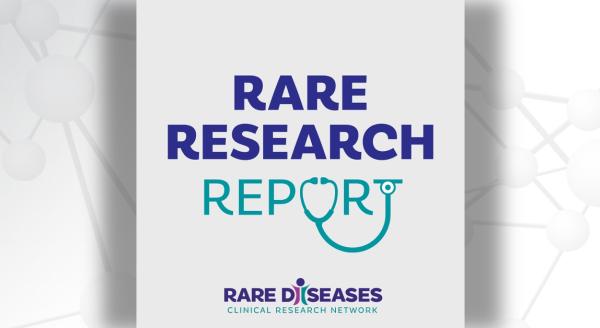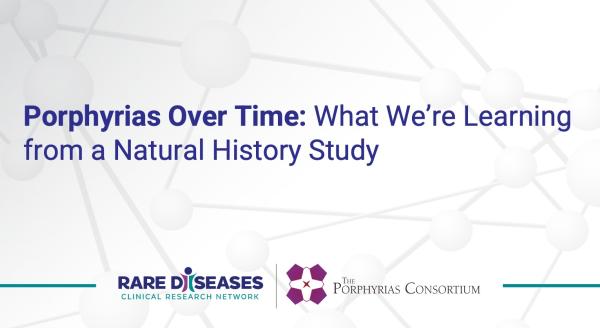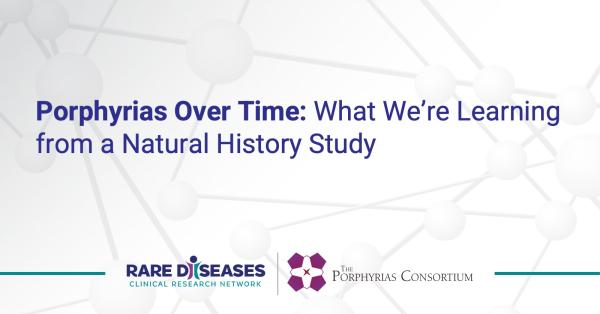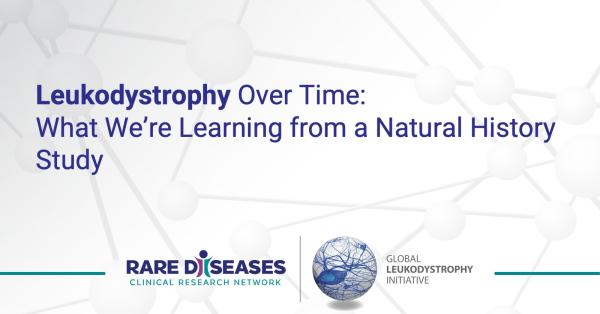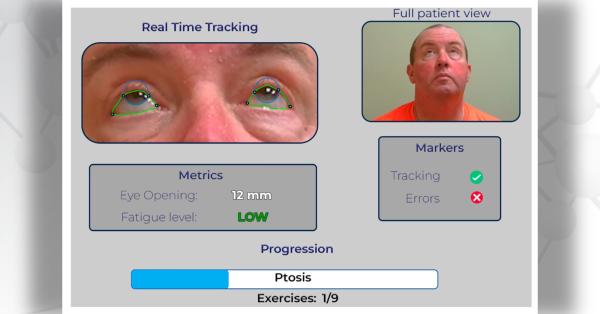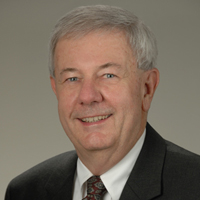
Anyone who has been involved in rare diseases in the past quarter century will have had many opportunities to appreciate the enormous and unique impact of Dr. Stephen Groft's career in the field of rare diseases research. He has been a dominant figure and yet an easily approachable, collaborative and helpful champion of rare diseases research.
Growing up in Pennsylvania in the 1950s, Groft had friends and neighbors who were stricken with diseases that had no effective treatments. These diseases included cystic fibrosis, leukemia, brain tumors, Marfan syndrome, muscular dystrophy, cerebral palsy, polio, multiple sclerosis, and Parkinson's disease.
Groft began his career as a small town pharmacist in Pennsylvania where he became interested in ways to address the health problems he encountered. Prior to the Orphan Drug Act (ODA) of 1983, there were few, if any, incentives for pharmaceutical companies to address the problems of individuals with rare diseases. For these companies, it was not economical. Economic strategies were at cross purposes with the needs for patients with rare diseases. Since the ODA's enactment, the FDA has approved an increasing number of orphan products. To date, over 450 orphan products have been approved.
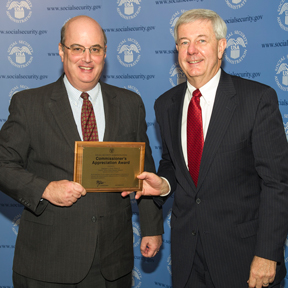 The National Commission on Orphan Diseases was established in 1985 in order to identify gaps in a number of areas including research on rare diseases, patient care, regulatory issues, and insurance coverage. In 1989, the National Commission provided a report to Congress that led to the establishment of the Office of Rare Diseases Research (ORDR) in the Office of the Director at NIH. The mission of the ORDR was—and is—to identify, stimulate, coordinate, and support research responding to the needs of patients with rare diseases. Groft became Director of a forerunner of today's ORDR in 1993, remaining in that post through the transition of ORDR to the National Center for Advancing Translational Sciences (NCATS).
The National Commission on Orphan Diseases was established in 1985 in order to identify gaps in a number of areas including research on rare diseases, patient care, regulatory issues, and insurance coverage. In 1989, the National Commission provided a report to Congress that led to the establishment of the Office of Rare Diseases Research (ORDR) in the Office of the Director at NIH. The mission of the ORDR was—and is—to identify, stimulate, coordinate, and support research responding to the needs of patients with rare diseases. Groft became Director of a forerunner of today's ORDR in 1993, remaining in that post through the transition of ORDR to the National Center for Advancing Translational Sciences (NCATS).
A number of Groft's contributions over the last 20 years promoted the progress of rare diseases research. Groft and the ORDR staff initiated scientific conferences with the 27 NIH Institutes and Centers in 1995. In 2000, Groft contributed research protocols to NIH's ClinicalTrials.gov. In 2002, Groft, together with the National Human Genome Research Institute (NHGRI), established the Genetic and Rare Diseases Information Center (GARD), a service providing information to patients and families about more than 5,000 rare and/or genetic diseases.
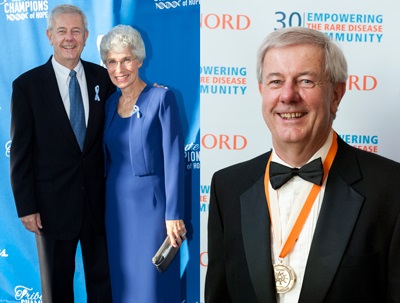 In 2003, Groft led the effort to establish the Rare Diseases Clinical Research Network (RDCRN), which enables collaborative, trans-NIH clinical research on causes, prevention, outcomes, and treatments of rare diseases. This initiative has led to the development of a number of therapeutic products that have received or are being reviewed for FDA approval.
In 2003, Groft led the effort to establish the Rare Diseases Clinical Research Network (RDCRN), which enables collaborative, trans-NIH clinical research on causes, prevention, outcomes, and treatments of rare diseases. This initiative has led to the development of a number of therapeutic products that have received or are being reviewed for FDA approval.
In 2008, Groft worked with NHGRI, the NIH Clinical Center, and other NIH Institutes and Centers to create the Undiagnosed Diseases Program (UDP), a multi-disciplinary initiative designed to provide the public with information regarding rare and undiagnosed diseases.
Groft established the International Rare Diseases Research Consortium (IRDiRC) in 2012 to encourage international collaboration in rare diseases research.
1992-2011 |
Director, Office of Rare Diseases Research Office of the Director National Institutes of Health Bethesda, MD |
| 2011-2014 | Director, Office of Rare Diseases Research National Center for Advancing Translational Sciences National Institutes of Health Bethesda, MD |
Select Additional Recent Honors and Recognition
| 2014 | Rare Diseases Clinical Research Network (RDCRN) Coalition of Patient Advocacy Groups (Patients with rare diseases, caregivers, and Advocacy Groups) and investigators involved in the RDCRN - Recognition for crucial achievements |
| 2013 | National Organization for Rare Disorders (NORD) Medal of Honor Award for Vision on Behalf of Patients |
| 2012 | Social Security Administration, Commissioner's Appreciation Award for Assistance to the Compassionate Allowance Initiative |
| 2012 | NICHD/NIH Partnership Award for Collaboration with Partners to Advance the NICHD Mission (Group Award, ORDR) |
| 2011 | Innovator's Award, Genetic Alliance, Washington, DC |
| 2010 | NCI Director's Group Merit Award for Program Emphasis on Rare Cancers, National Cancer Institute, Bethesda, MD |
| 2010 | Leadership Service Award, Aplastic Anemia and Myelodysplastic Syndrome International Foundation, Rockville, MD |
| 2010 | NHGRI Director's Group Merit Award, National Human Genome Research Institute, NIH Undiagnosed Diseases Program, Bethesda, MD |
| 2010 | GEISER Foundation Award for a Global Commitment to Rare Diseases, Buenos Aires, Argentina |
| 2008 | Alumni Achievement Award, Duquesne University Pharmacy Alumni Association, Pittsburgh, PA |
| 2005 | Director's Award of Merit, National Institutes of Health, Bethesda, MD |
May 2014
News release originally posted on the National Center for Advancing Translational Sciences (NCATS) website. Used with permission.


